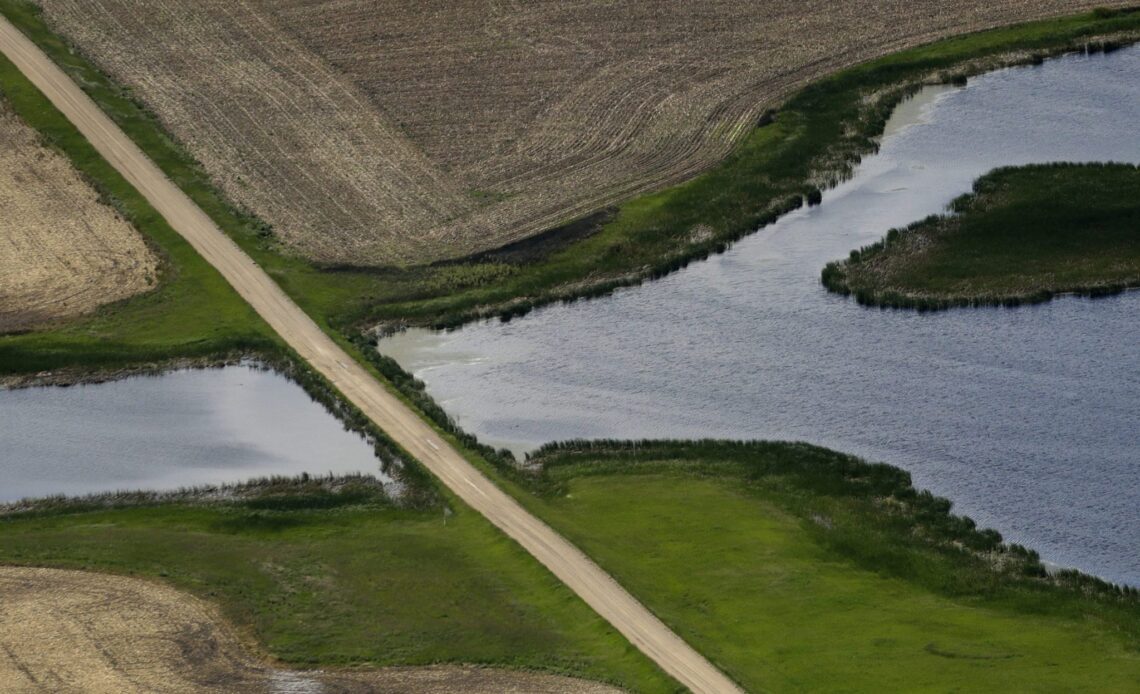[the_ad id="21475"]
[ad_1]
A 5-4 majority significantly expanded the ability of farmers, homebuilders and other developers to dig up or fill wetlands near rivers, lakes and streams, finding the government had long overreached in limiting such activities.
The ruling Thursday may nullify key parts of a rule the Biden administration imposed in December, which two federal judges already had blocked from being enforced in 26 states. It’s the latest turn in a decades-old struggle by courts and regulators to determine which waters are subject to protection under the Clean Water Act.
Some experts say the battle over wetlands now may shift to states, with red and blue states writing laws that take dramatically different approaches.
The high court’s decision follows one in 2022 curtailing federal power to reduce carbon emissions from power plants and indicates a willingness by the court’s emboldened conservatives to limit environmental laws and agency powers.
“This is one of the saddest chapters in the 50-year history of the Clean Water Act,” said Jim Murphy, an attorney with the National Wildlife Federation.
Industry and farm groups praised the ruling.
“We’re absolutely thrilled with the results,” said Travis Cushman, deputy general counsel for the American Farm Bureau Federation. “This is the exact answer that we’ve been asking for for a long time.”
The court’s majority sided with an Idaho couple who sought to build a house near Priest Lake in the state’s panhandle. Chantell and Michael Sackett objected when federal officials identified a soggy portion of the property as a wetland requiring them to get a permit before filling it with rocks and soil.
“Now that the case is finally over … they’ll be able to make reasonable use of their property,” said Damien Schiff of the Pacific Legal Foundation, which represented the couple.
While all nine justices agreed the Sacketts’ property was not covered by the law, they disagreed over the definition of “waters of the United States” and which wetlands it includes.
The majority opinion, written by Justice Samuel Alito, echoed a 2006 opinion by the late Justice Antonin Scalia. It said federally protected wetlands must be directly adjacent to a “relatively permanent” waterway “connected to traditional interstate navigable waters” such as a river or ocean.
They also must have a “continuous surface connection with that water, making it difficult to determine where the…
Click Here to Read the Full Original Article at Fortune | FORTUNE…
[ad_2]
[the_ad id="21476"]
